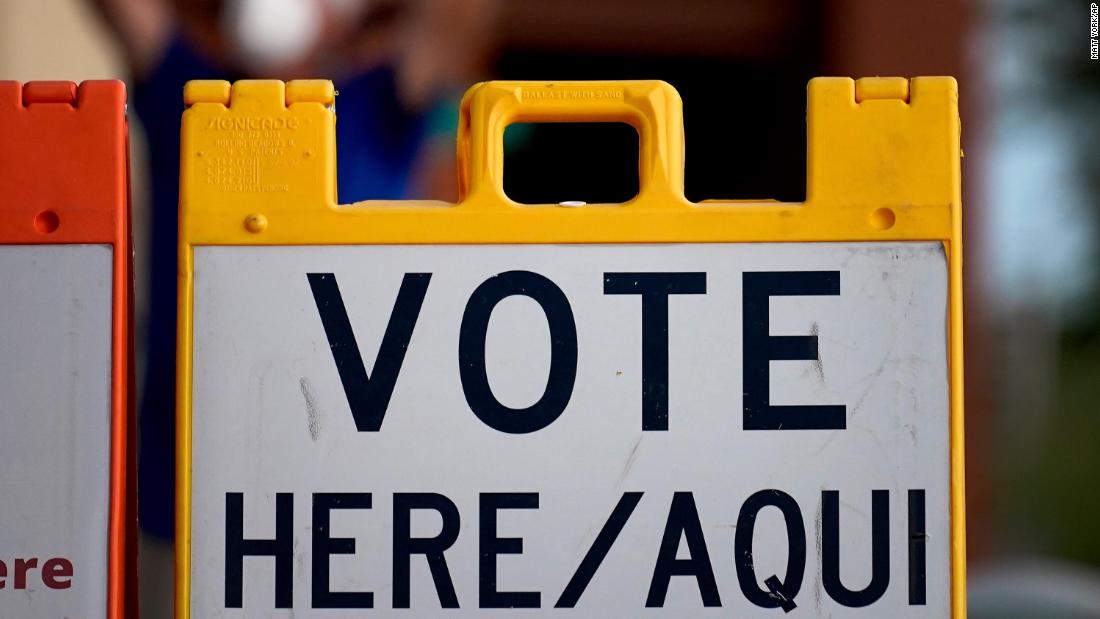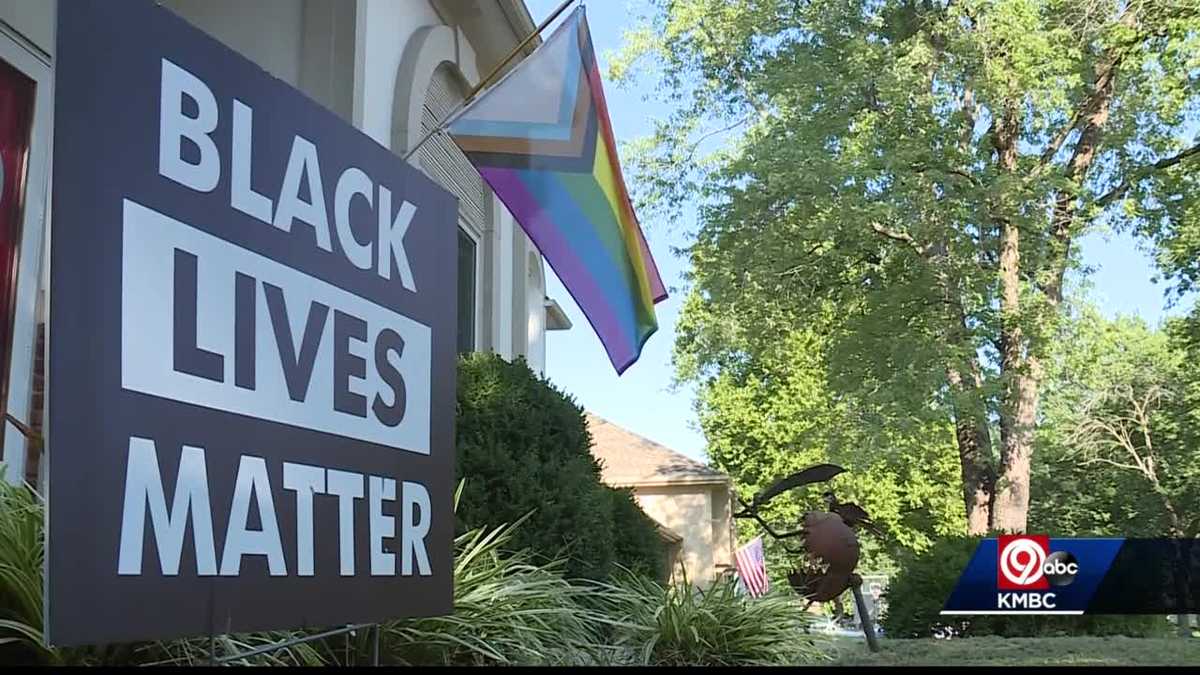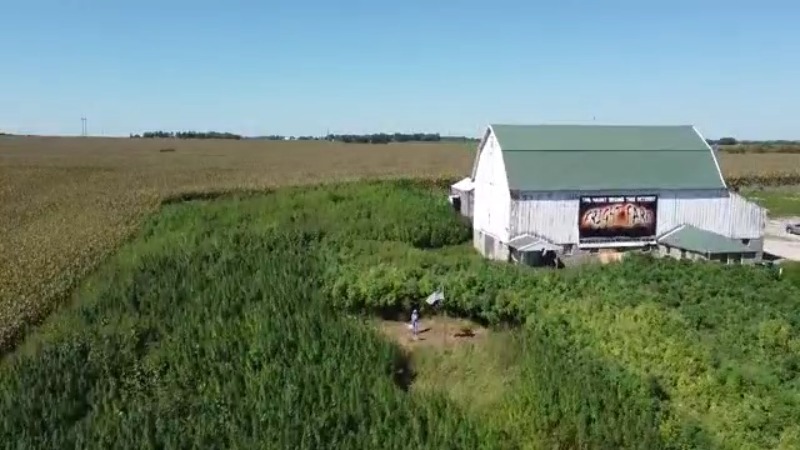She ran radio and newspapers ads in English and Navajo, promoting voting options. She hired 19 additional temporary staffers to help residents of the Navajo Nation register to vote and cast their ballots — up from the three she normally employs in a typical election year. And she established pop-up spots at trading posts and gas stations where residents could drop off their ballots.
A $614,000 grant from a then-little-known nonprofit, the Center for Tech and Civic Life, aided those efforts.
It paid off: Turnout in the sprawling county bisected by the Grand Canyon jumped to nearly 82%, up from roughly 75% four years earlier.
“We were really proud,” Hansen told CNN. “The 2020 election was the most difficult election I’ve ever been involved in, but it’s the only election where I’ve had enough money to do what we wanted to do.”
But accepting outside funding is now against the law for Hansen and every other election official in this battleground state. Arizona is one of at least 11 Republican-led states that have barred or limited the use of private funding in future elections, as the partisan warfare over the 2020 presidential contest spreads to nearly every aspect of election administration.
Bias argument
“It really opens the door for some untoward things to happen,” he said of private election grants.
“Let’s say somebody is on the ballot or someone who is close to someone who is on the ballot says, ‘I’m going to put half a million dollars or a million dollars into a specific area,’ ” Hargett said. “That could really tip the scales toward voter turnout in certain areas and disadvantage other areas.”
The grant administrators deny any political bias in their 2020 actions. In all, grants totaling more than $340 million went to nearly 2,500 election offices in 49 states — with 1,300 going to election agencies that served fewer than 25,000 registered voters, according to officials with the Center for Tech and Civic Life.
“Every election department that applied for the Covid-19 response grant program received a grant,” said Tiana Epps-Johnson, the center’s executive director.
Ben LaBolt, a spokesman for Zuckerberg and Chan, said neither had participated “in the process to determine which jurisdictions received funds” and noted that the center’s status as a charitable nonprofit prohibits it “from engaging in partisan activities.”
Even so, Republican legislators in some key states are pressing forward with bills to ensure that the distribution of so-called “Zuck bucks” to local election offices — or the equivalent — never happens again.
Other legislative efforts have hit roadblocks, however.
Earlier this summer, Wisconsin Democratic Gov. Tony Evers vetoed a measure approved by the Republican-controlled legislature that would have banned local and state governments from accepting most election grants without the permission of the state elections commission.
The proposal also would have required Wisconsin to distribute the money across the state on a per-capita basis.
Claire Woodall-Vogg, executive director of the Milwaukee Election Commission, said her community needed a larger grant. She said the $3.4 million in private dollars helped her pay stipends to election workers last year, purchase seven additional absentee ballot tabulators and rent two more. The equipment proved crucial, she said, on election night as her office processed a flood of absentee ballots.
Wisconsin law bars election officials from getting a head start on processing and counting absentee ballots. That work cannot begin until 7 a.m. on Election Day. Without the additional tabulators, she said, “it would have taken days and days to count absentee ballots.”
Her office delivered its final results to Milwaukee County at 3:30 a.m. the day after the election, Woodall-Vogg said.
Calls for more public funding
Local officials have “ongoing, continuing funding issues” that need to be addressed, including the cost of maintaining election equipment, said Susan Gill, a retired Florida county elections chief who chairs the National Association of Election Officials.
She said local officials used the private grants for “very good purposes.”
States do receive pots of federal election funding. Last year, Congress provided $400 million in emergency funding to help conduct elections during the pandemic — far less than the roughly $4 billion that election experts at the liberal-leaning Brennan Center for Justice estimated might be needed.
Charles Stewart, a political scientist at the Massachusetts Institute of Technology who’s an expert on election administration, said the reliance on private money for a basic government function did add an “unseemly … bake sales for democracy” element to the 2020 elections.
But he said some states seem to be racing to cut off the private funds without also trying to determine what’s an adequate level of state funding for elections to run smoothly and appropriating the money to do so.
Back in Arizona, Hansen ,a Democrat, said she’s disappointed by the ban and likely will have to scale back voter outreach.
“I don’t understand it. We can show where we spent the money,” she said. “Truthfully, I’d much rather take money from a nonprofit organization, if they are willing to give it to us, than having taxpayer money going into it.”








